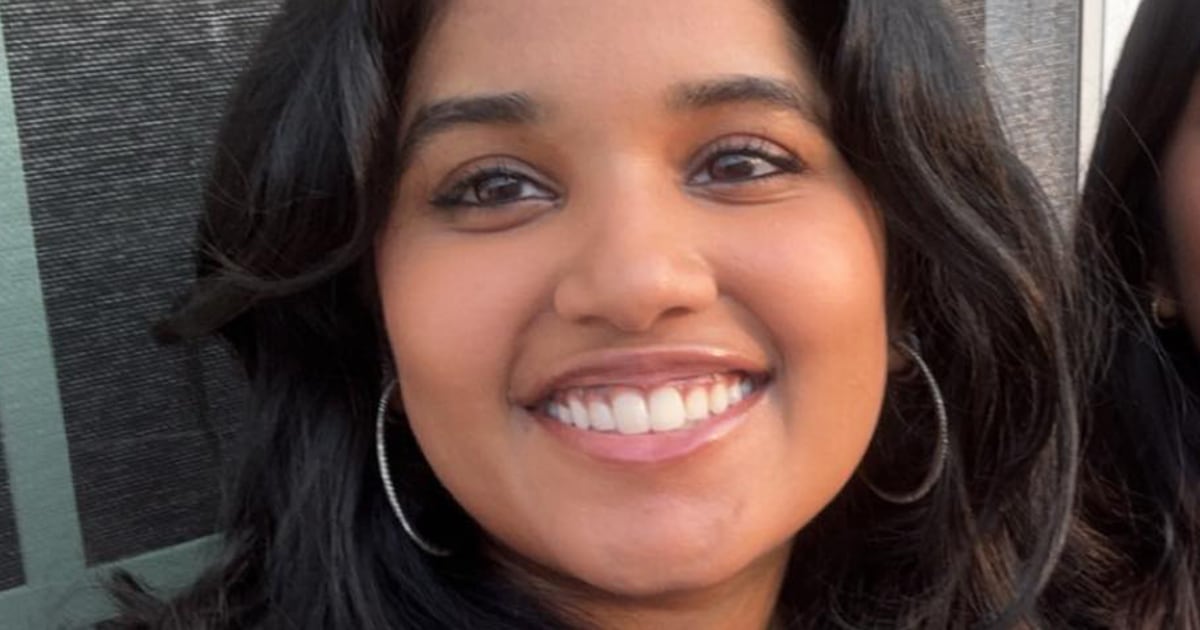
A study by the European Synchrotron Radiation Facility (ESRF) suggests that early Homo species may have experienced extended childhoods well before significant brain enlargement, challenging longstanding evolutionary assumptions. The findings are based on the dental development of a nearly complete sub-adult Homo skull, unearthed at the Dmanisi site in Georgia and dated to 1.77 million years ago. The ESRF team, collaborating with the University of Zurich and the Georgian National Museum, utilised advanced synchrotron imaging to study the specimen’s teeth, providing unprecedented insight into the growth patterns of early humans.
Dental Growth as a Key to Evolution
The research examined dental microstructures, which, like tree rings, record daily growth, thus offering insight into overall physical development. Christoph Zollikofer, the study’s lead author from the University of Zurich, explains that teeth fossilise well and serve as a reliable record of childhood growth. According to Paul Tafforeau of ESRF, who co-authored the study, dental development often correlates with broader bodily growth, including brain development.
Analyses revealed a unique pattern in which back teeth matured more slowly than front teeth in the specimen’s first five years. This pattern, combined with an observed reliance on adult caregivers, supports a hypothesis that early Homo juveniles may have been dependent on adults for extended periods, like modern humans.
Implications for the “Big Brain-Long Childhood” Hypothesis
The discovery could reshape how the “big brain-long childhood” hypothesis is understood. Previous theories held that prolonged childhoods evolved primarily due to increases in brain size. Yet, this Dmanisi specimen, while having a smaller brain comparable to great apes, showed evidence of prolonged support by older group members, possibly indicating that communal care, rather than brain size, was the initial driver of extended development.
David Lordkipanidze of the Georgian National Museum observed that one older Dmanisi individual survived toothless, implying social structures where knowledge was passed across generations. This evolutionary framework suggests that the extended childhood emerged first, enabling cultural transmission, which subsequently favoured brain growth and delayed maturation.
The findings, published in Nature, indicate that the gradual evolution of extended childhoods may have played a foundational role in early human development and social cohesion.







